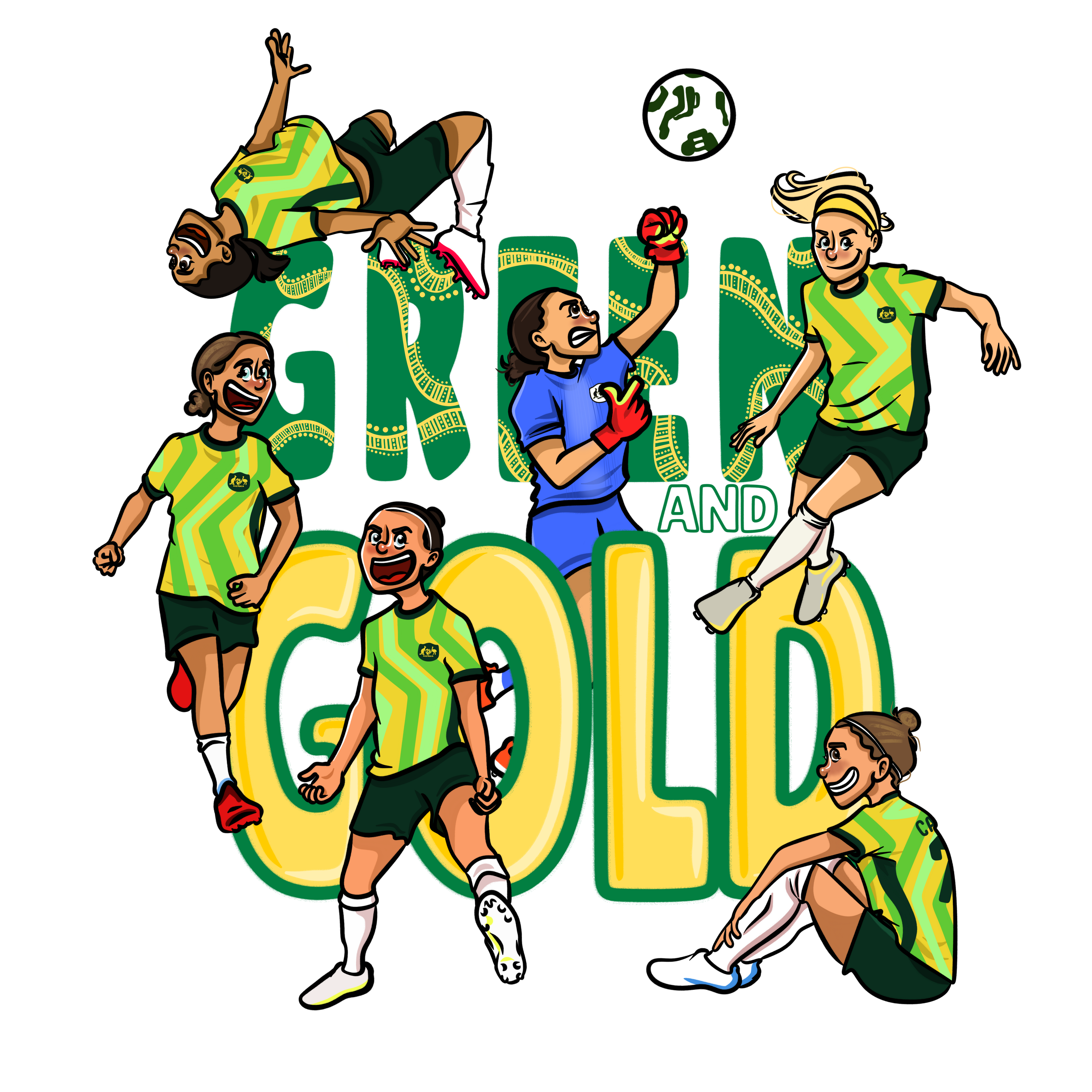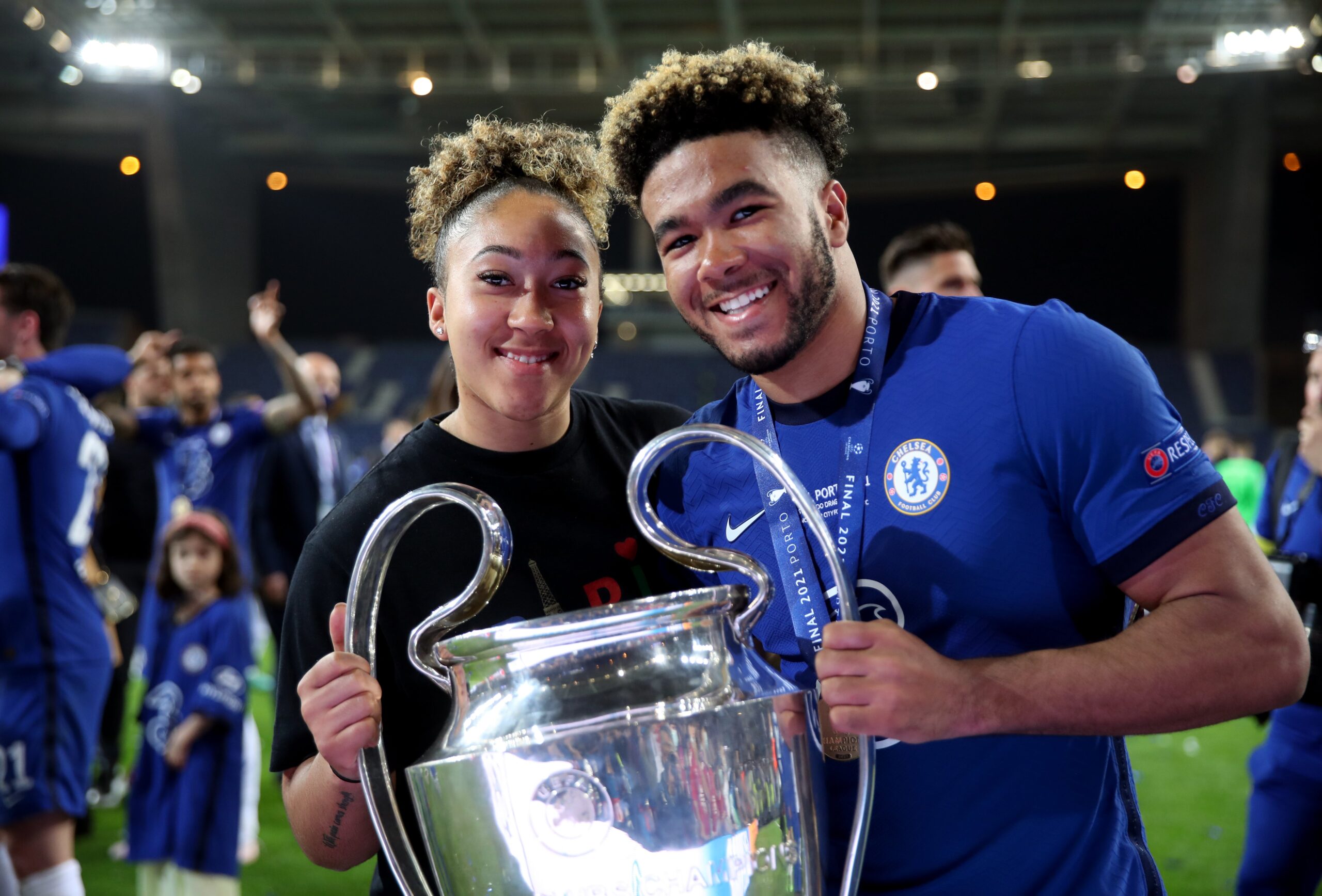The Manchester United women’s team compete in the Women’s Super League (WSL), the top division of women’s football in England. Manchester United had been without a women’s team for 13 years before they were re-formed in 2018 to compete in the FA Women’s Championship. After achieving 18 victories from 20 games, Manchester United’s Women’s team were promoted to the Women’s Super League at the end of the 2018/19 season. Their Head Coach, Marc Skinner, took over from Casey Stoney, following her resignation in 2021. Considering that the team have only been competing for 7 years, they have certainly proven their right to compete alongside the top teams by finishing fourth in their first WSL season as well as getting their hands on some silverware, when they won the Adobe Women’s FA Cup in a stunning 4-0 victory over Tottenham Hotspur in 2024. On the surface, this group of players have already accomplished great things. But what about behind the scenes – does the same success hold true there?
Behind every football club stands a board of directors responsible for overseeing its operations. In the case of Manchester United, that role now includes Sir Jim Ratcliffe, CEO of the INEOS chemicals group. In February 2024, INEOS acquired a 27.7% stake in the club. While not a majority share, the deal has effectively handed Ratcliffe control over United’s day-to-day operations.
Since assuming this responsibility, Ratcliffe has certainly made his presence felt – though not for the right reasons. In an interview with BBC Sport, he stated:
“My main focus is on the men’s team because that is what moves the needle at Manchester United…With my business background you tend to focus on the bigger issues before you focus on the smaller issues.”
Ratcliffe’s emphasis on his business background has raised eyebrows, with some suggesting he views Manchester United primarily as a commercial venture rather than a cultural institution. For many fans, the club is more than just a business – it’s a community that unites people from all walks of life, offering a shared space to experience the highs and lows of football. His remark that only the men’s team “moves the needle” further fuels concerns that his focus lies solely on the men’s first team, sidelining other vital parts of the club’s identity.
Ratcliffe’s comments haven’t gone unnoticed, especially among fans of the women’s game. One supporter voiced their frustration, saying,
“Maybe the women’s team isn’t bringing the same amount of revenue because you refuse to invest in women’s football.”
That criticism has only been amplified by recent events at Carrington. While the men’s team are set to receive a £50 million upgrade to their training facilities, the women’s team were displaced to make room for the renovation. Whilst construction was underway, the women’s squad were temporarily relocated to portable buildings, a move that could have disrupted training and preparation.
In contrast to this, Marc Skinner is convinced of the women’s team’s importance to Manchester United. In response to Jim Ratcliffe’s comments, Skinner said
“I feel the support every single day…the noise around it, I don’t feel that. I am absolutely convinced that the women’s team has a really fantastic place pushing forward with the club”.
That resilient mentality starts at the top and filters throughout the women’s squad, who have continued to perform at a high level despite the distractions off the pitch. It’s that same mindset that likely played a role in Marc Skinner’s recent two-year contract extension, keeping him at the helm until July 2027. The deal signals stability and commitment, giving the team confidence that their manager is fully invested in building on the progress they’ve already made.
Ultimately, Manchester United Women are a vital part of the club’s identity, drawing in a fresh and diverse audience that might not have engaged with the club otherwise. Despite facing challenges both on and off the pitch, they’ve continued to thrive – and with a strong foundation in place, the future looks bright.



